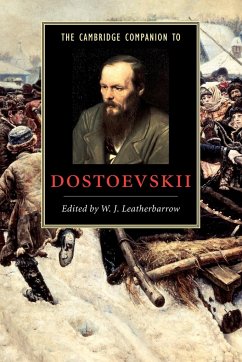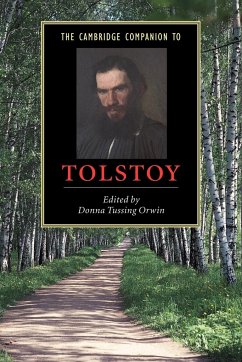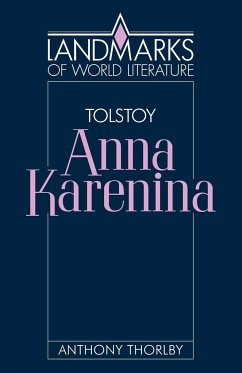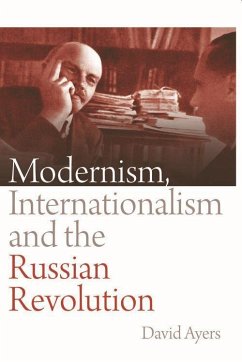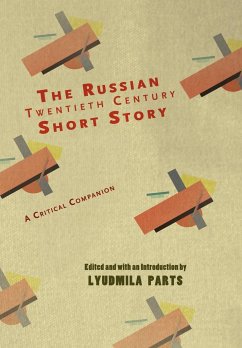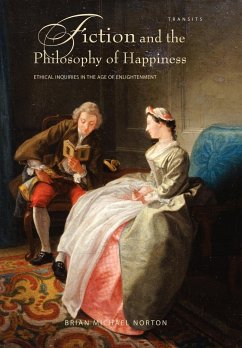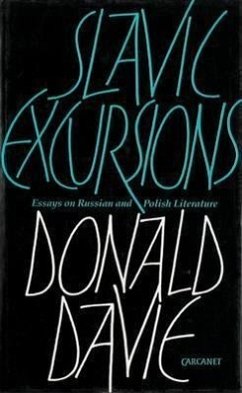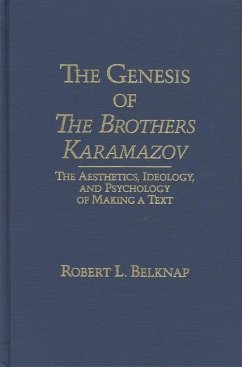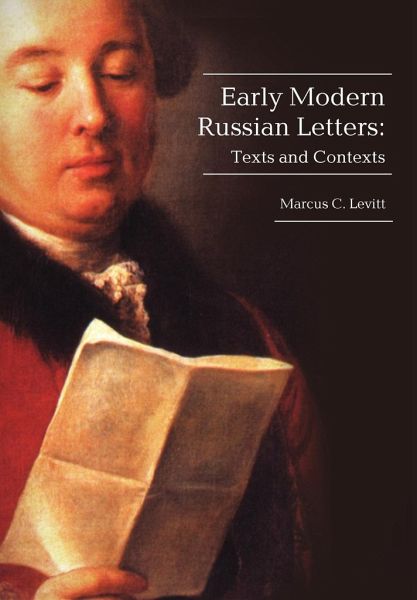
Early Modern Russian Letters
Texts and Contexts

PAYBACK Punkte
68 °P sammeln!
Early Modern Russian Letters: Texts and Contexts brings together twenty essays by Marcus C. Levitt, a leading scholar of eighteenth-century Russian literature. The essays address a spectrum of works and issues that shaped the development of modern Russian literature, from authorship and philosophy to gender and religion in Russian Enlightenment culture. The first part of the collection explores the career and works of Alexander Sumarokov, who played a formative role in literary life of his day. In the essays of the second part Levitt argues that the Enlightenment's privileging of vision played...
Early Modern Russian Letters: Texts and Contexts brings together twenty essays by Marcus C. Levitt, a leading scholar of eighteenth-century Russian literature. The essays address a spectrum of works and issues that shaped the development of modern Russian literature, from authorship and philosophy to gender and religion in Russian Enlightenment culture. The first part of the collection explores the career and works of Alexander Sumarokov, who played a formative role in literary life of his day. In the essays of the second part Levitt argues that the Enlightenment's privileging of vision played an especially important role in eighteenth-century Russian self-image, and that its "occularcentrism" was profoundly shaped by Orthodox religious views. Early Modern Russian Letters offers a series of original and provocative explorations of a vital but little studied period.




